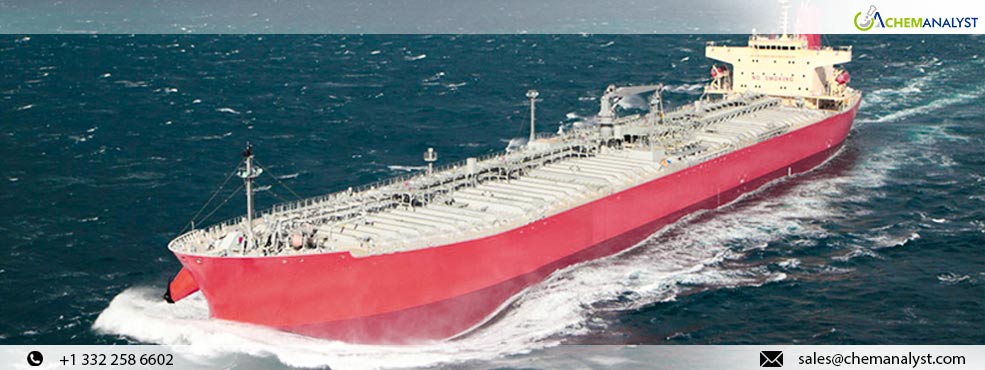Welcome To ChemAnalyst

On April 22, 2024, Mitsui O.S.K. Lines, Ltd. (MOL; President & CEO: Takeshi Hashimoto) announced its decision to outfit its LR1 product tanker Nexus Victoria (75,000 DWT class) with the "Filtree System," an onboard CO2 capture system equipped with a SOx scrubber (An apparatus designed to eliminate sulfur oxides (SOx) from exhaust fumes. Implementing this system ensures adherence to SOx emission standards mandated by international agreements, eliminating the need for low-sulfur fuels), manufactured by Dutch emission-reducing technology company, Value Maritime B.V. (VM) (Founded in 2017, Value Maritime B.V. is a Dutch company specializing in emission reduction technologies. It focuses on developing CO2 capture solutions for marine vessels, aiming to enhance the sustainability of the shipping sector by lowering greenhouse gas (GHG) emissions. By assisting shipowners and operators in reducing their GHG footprint, the company aids in boosting their competitiveness within the industry). This milestone marks the first instance of a Japanese operator commercially installing a CO2 capture system on a vessel. The installation of the system is scheduled for completion around the end of 2024.
The Filtree System is equipped with a scrubber function designed to eliminate 99% of sulfur oxides (SOx) and particulate matter (PM) present in exhaust gases. Additionally, it incorporates a carbon capture and storage (CCS) feature capable of isolating and recovering up to 10% of CO2 from exhaust emissions. Onboard the vessel, CO2 in exhaust gases undergoes adsorption and capture through a specialized chemical reaction. Subsequently, the chemical substance is discharged ashore, and the heat-separated CO2 is made available to end users such as greenhouses and synthetic fuel companies for various applications.
The MOL Group has integrated environmental strategy as a central pillar of its "BLUE ACTION 2035" management plan, with the goal of attaining net zero greenhouse gas (GHG) emissions by 2050, as outlined in the "MOL Group Environmental Vision 2.2." The introduction of the Filtree System, capable of separating and capturing CO2 emissions from vessels, represents a significant step towards carbon neutrality within the shipping industry. This technology is particularly notable for its focus on decarbonizing existing vessels, which pose challenges in transitioning to next-generation fuels. Through collaborative efforts between MOL and VM, the objective is to advance towards a carbon-neutral society by curbing GHG emissions from vessels and establishing a value chain for CO2 capture.
Harnessing the potential of the vast blue oceans, the MOL Group is dedicated to fostering sustainable societal development and preserving the natural environment. This commitment extends to enhancing livelihoods and fostering a flourishing future. The Group achieves this through the expansion of its business footprint throughout the CCS/CCUS value chain, actively pursuing project acquisitions, and expediting the development of the value chain.
We use cookies to deliver the best possible experience on our website. To learn more, visit our Privacy Policy. By continuing to use this site or by closing this box, you consent to our use of cookies. More info.
